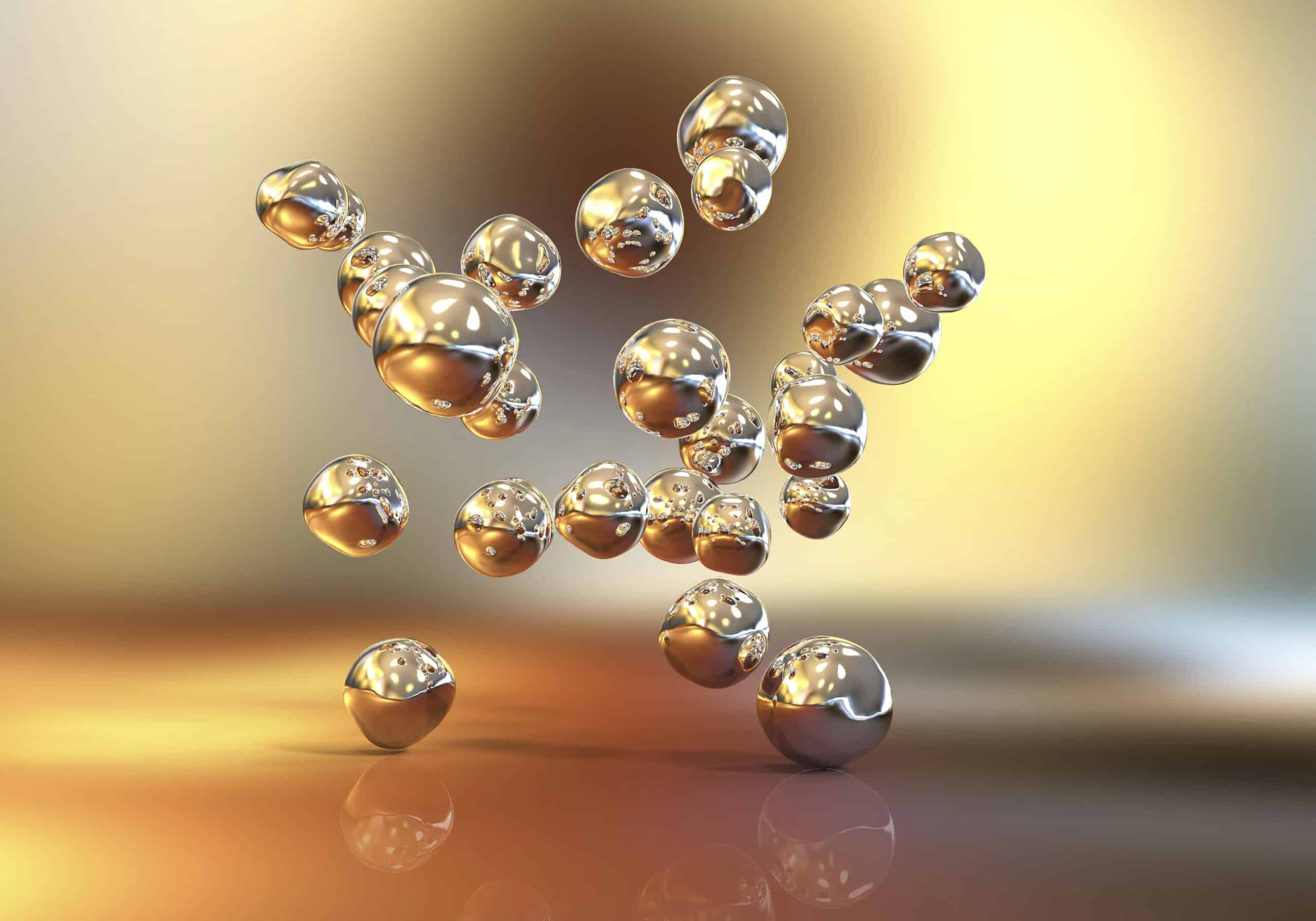When is our brain at its best?

Faced with a difficult problem, Thomas Edison tried to induce sleep and fell asleep holding a steel ball in each hand. When he slept, the marble fell. The sound of his fall awakened him, and it was at this precise moment that he found himself at his most creative. For a long time, we have been trying to optimize our brain’s capabilities and make it more efficient.
In 2021, Delphine Audinet of the Paris Brain Institute and colleagues conducted a study confirming the inventor’s theory. The team gave math problems to 103 people who were mildly sleep-deprived. The exercise was complicated but could be solved with a little creativity.
Some stayed awake for the entire duration of the experiment, while others fell asleep and woke up immediately. The latter were three times more likely to solve the problem thanks to their creativity.
If you want to optimize your memory, deep sleep is your best ally: this is when the brain does the heavy lifting. that “Will also improve attention, decision-making and mood and reduce the risk of long-term cognitive decline”says New Scientist.
For maximum concentration, certain conditions must be met
Cognitive efficiency declines as the day progresses. In fact, a molecule called “adenosine” is produced as soon as we wake up. As more hours pass, it gradually stops our brain functioning until sleep begins. So is our performance “Highest in the morning, peak around noon, then begin to decline and, except for a slight peak in the afternoon, decline until bedtime”Refers to the media.
This daily rhythm is accompanied by changes throughout life. Contrary to popular belief, brain function does not decline in early adulthood. A series of experiments, the results of which were published in the American Library of Medicine, show that certain mental abilities mature in old age. “For example, working memory peaks around age 30 and emotion perception between ages 40 and 60, while comprehension and information processing ability peak around age 50 and remain high for decades »Details New Scientist.
Despite these fluctuations, there is one way to make our brains work as efficiently as possible: flow. In other words, it is pure, intense meditation. Approaching tasks with clear goals, immediate feedback, and a balance between challenge and your skill level will increase your chances of reaching this state of mind.





